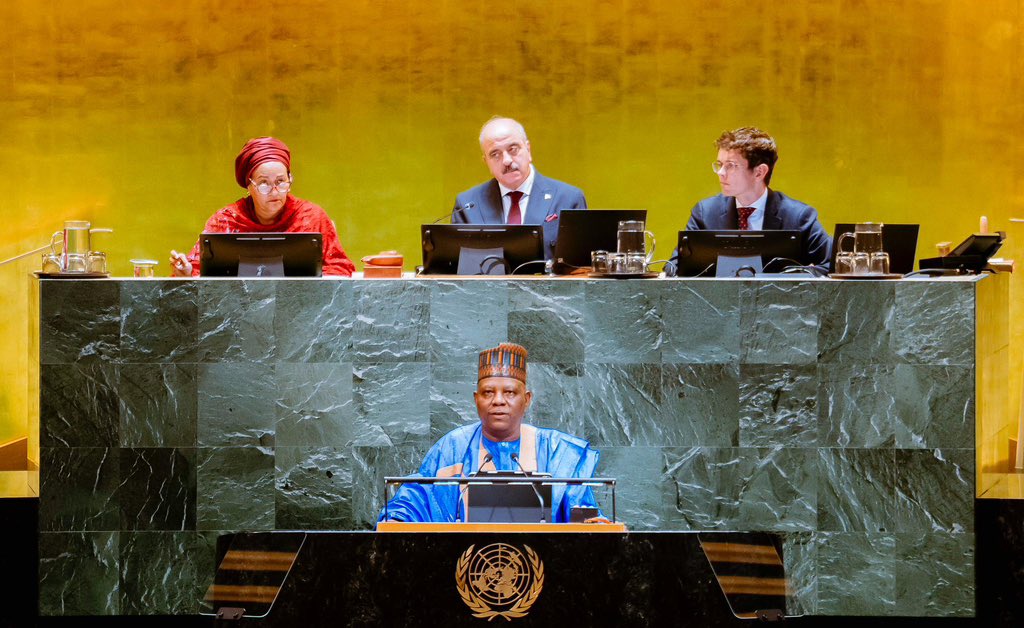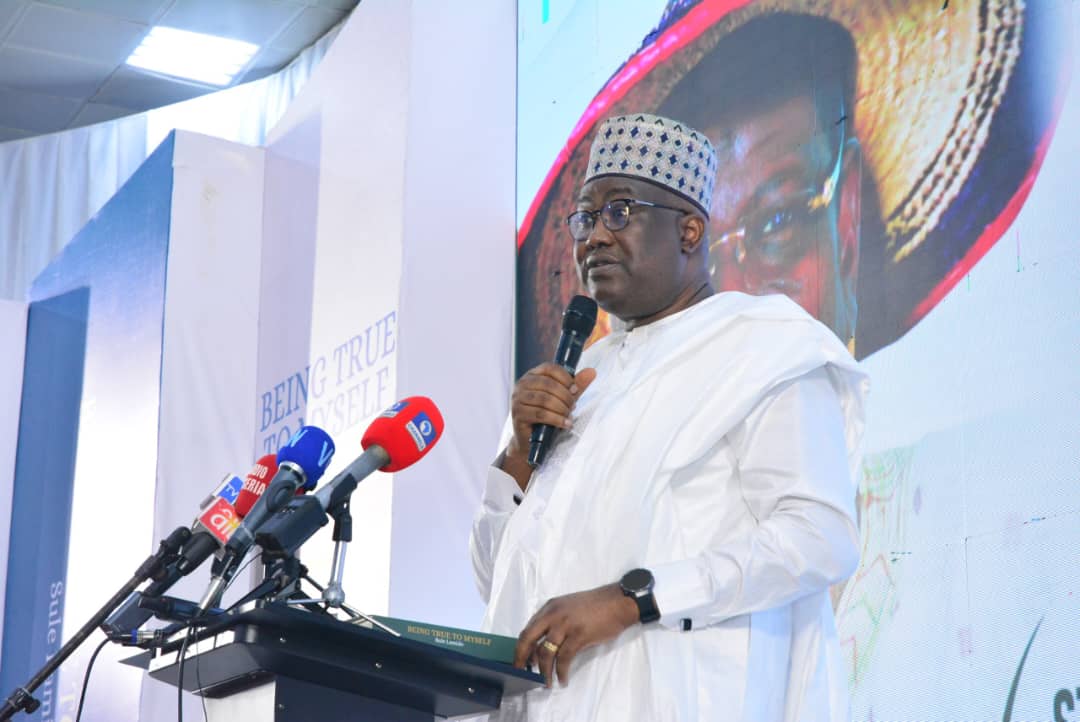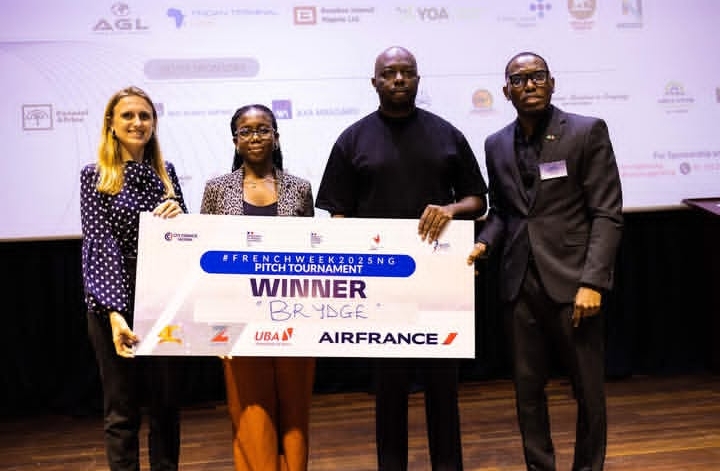At UNGA80: Reform Or Risk Irrelevance, President Tinubu Tells UN, World Leaders

President Bola Ahmed Tinubu has delivered a strongly worded reform policy proposal to the United Nations on Wednesday, warning that the global body must embrace sweeping restructurings or face growing irrelevance as world events increasingly bypass its influence.
The President criticised the organisation’s record, pointing to the ongoing human suffering in the Middle East and other regions as “stains on our collective humanity.”
In his address to the UN General Assembly’s 80th session, President Tinubu, who was represented by his deputy, Vice President Kashim Shettima, warned that the UN’s credibility is being undermined by the gulf between its words and its deeds while positioning Nigeria’s economic transformation as a model for developing nations.
“For all our careful diplomatic language, the slow pace of progress on these hardy perennials of the UN General Assembly debate has led some to look away from the multilateral model. Some years ago, I noticed a shift at this gathering: key events were beginning to take place outside this hall, and the most sought-after voices were no longer heads of state,” the President said.
President Tinubu outlined four key reform demands, starting with Nigeria’s call for permanent UN Security Council membership.
“Nigeria must have a permanent seat at the UN Security Council. This should take place as part of a wider process of institutional reform. The United Nations will recover its relevance only when it reflects the world as it is, not as it was,” he stated.
The President emphasised Nigeria’s transformation from “a colony of 20 million people, absent from the tables where decisions about our fate were taken” to “a sovereign nation of over 236 million, projected to be the third most populous country in the world, with one of the youngest and most dynamic populations on earth.”
President Tinubu also expressed deep frustration with the pace of international progress on critical issues, from nuclear disarmament to Security Council reform.
“When we speak of nuclear disarmament, the proliferation of small weapons, Security Council reform, fair access to trade and finance, and the conflicts and human suffering across the world, we must recognise the truth. These are stains on our collective humanity,” he stated.
Taking a direct stance on the Palestinian issue, the President declared: “We say, without stuttering and without doubt, that a two-state solution remains the most dignified path to lasting peace for the people of Palestine.”
He added: “The people of Palestine are not collateral damage in a civilisation searching for order. They are human beings, equal in worth, entitled to the same freedoms and dignities that the rest of us take for granted.”
Speaking further, President Tinubu proposed radical reforms to the global financial system, calling for new mechanisms to address the sovereign debt crisis plaguing developing nations.
“I am calling for a new and binding mechanism to manage sovereign debt, a sort of International Court of Justice for money, that will allow emerging economies to escape the economic straitjacket of primary production of unprocessed exports,” he said.
The President emphasised the need for “urgent action to promote debt relief – not as an act of charity but as a clear path to the peace and prosperity that benefits us all.”
The President positioned Africa’s natural resources as central to future global stability, emphasising the need for African control over strategic minerals.
“Africa – and I must include Nigeria – has in abundance the critical minerals that will drive the technologies of the future,” President Tinubu said. “Investment in exploration, development and processing of these minerals, in Africa, will diversify supply to the international market, reduce tensions between major economies and help shape the architecture for peace and prosperity.”
He insisted that countries producing strategic minerals must “benefit fairly from those minerals – in terms of investment, partnership, local processing and jobs. When we export raw materials, as we have been doing, tension, inequality, and instability fester.”
On the new information frontiers, President Tinubu called for closing the digital divide, referencing the UN Secretary-General’s vision that “‘A.I.’ must stand for ‘Africa Included’.”
“I am calling for a new dialogue, to ensure we promote the best of the opportunities that are arising – and promote the level of access that allows emerging economies more quickly, to close a wealth and knowledge gap that is in no one’s interest,” he stated.
Addressing Nigeria’s ongoing economic transformation, President Tinubu acknowledged the difficult reality facing his citizens but said that Nigeria’s economic reforms represent a model for resilience.
“The government has taken difficult but necessary steps to restructure our economy and remove distortions, including subsidies and currency controls that benefited the few at the expense of the many,” he explained.
“I believe in the power of the market to transform. Our task is to enable and facilitate, and to trust in the ingenuity and enterprise of the people. But the process of transition is difficult,” the President said.
On Nigeria’s fight against terrorism and violent extremism, President Tinubu outlined a philosophy that prioritises ideological victory over military conquest.
“From this long and difficult struggle with violent extremism, one truth stands clear: military tactics may win battles measured in months and years, but in wars that span generations, it is values and ideas that deliver the ultimate victory,” he stated.
President Tinubu call for renewed commitment to multilateralism, while reaffirming “Nigeria’s commitment to peace, to development, to unity, to multilateralism, and to the defence of human rights is beyond compromise. For none of us is safe until all of us are safe.”
“We must make real change, change that works, and change that is seen to work. If we fail, the direction of travel is already predictable,” he warned.












